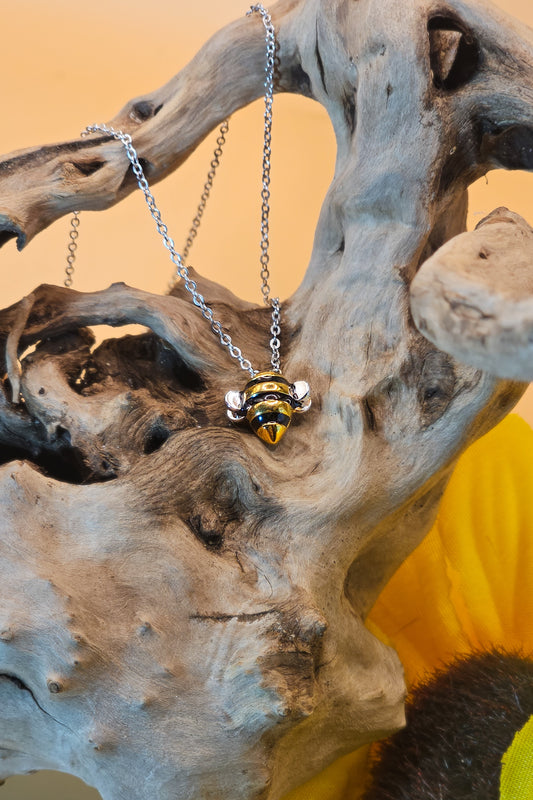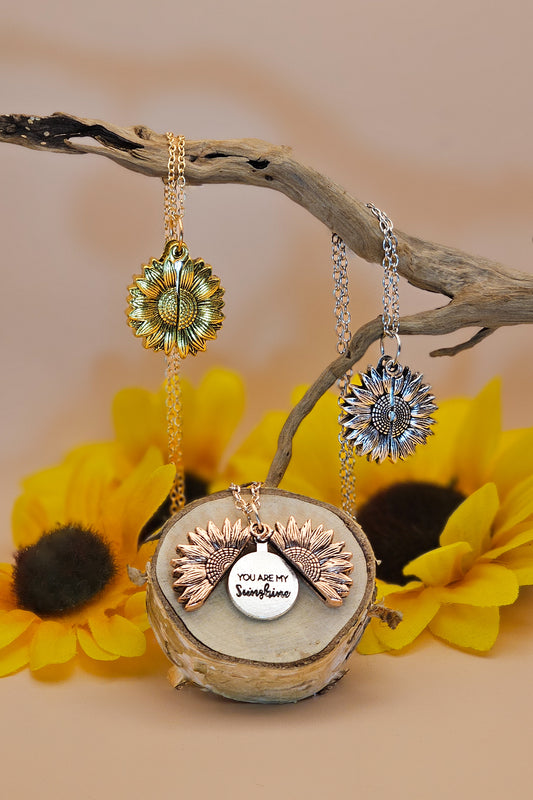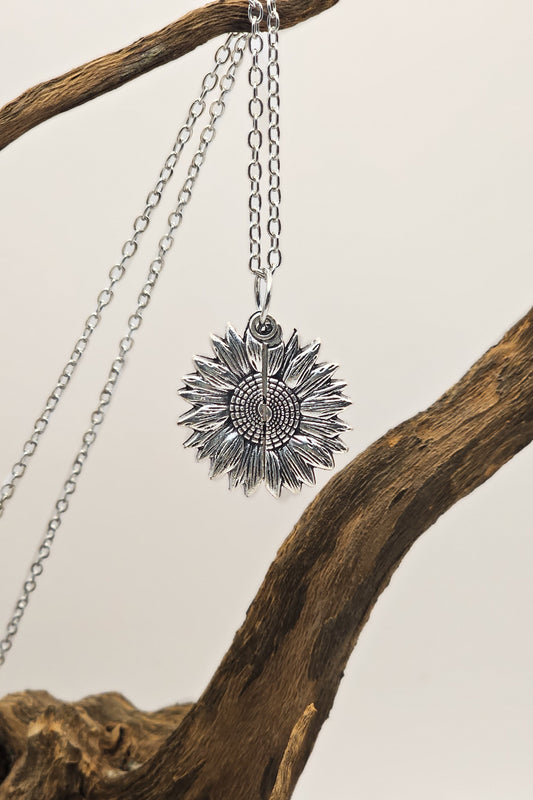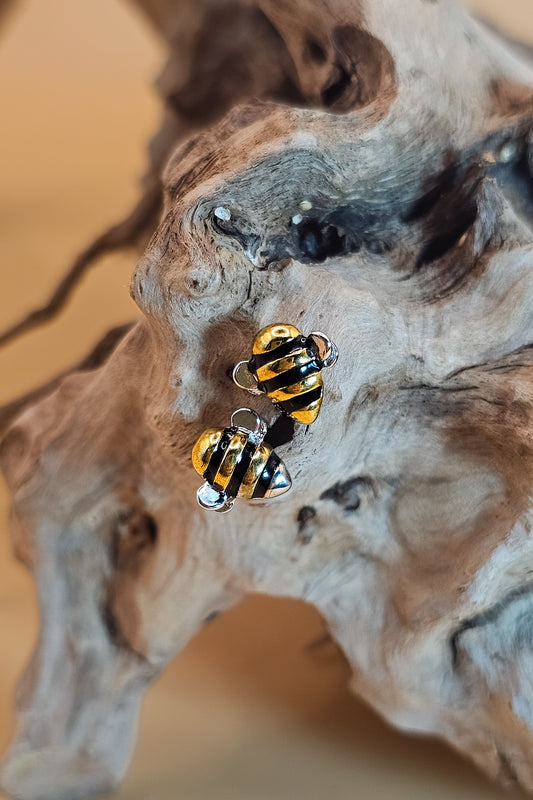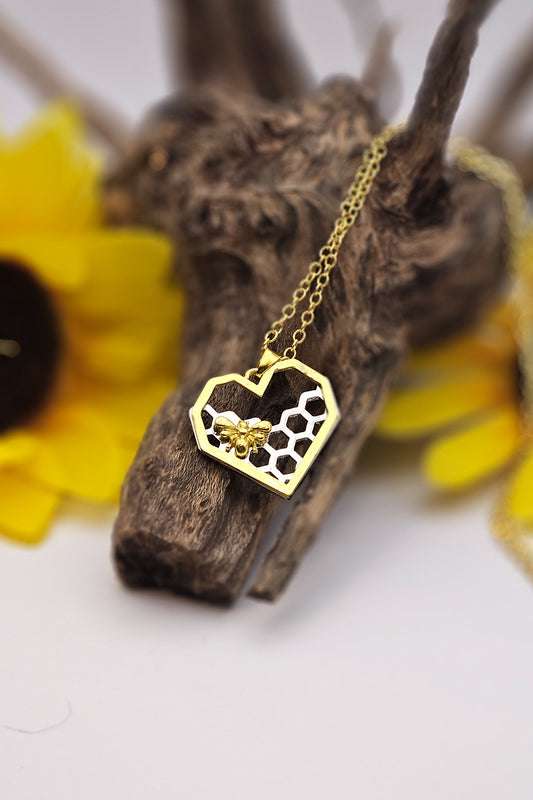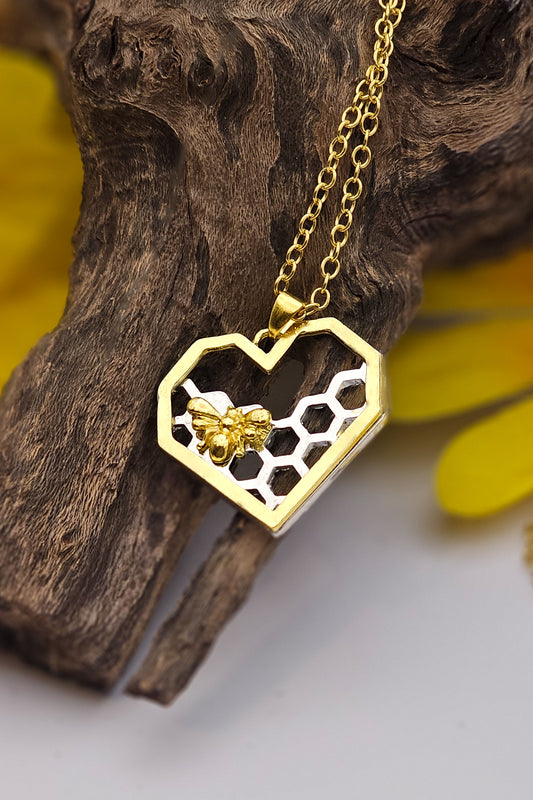There are positives and negatives for honeybees when it comes to pollinating almond trees.
During the past twenty years, the US almond industry, located in the Central Valley of California, has grown into an $11 billion annual business. Natural almond trees are healthy for honeybees. The problem arises from the heavy use of pesticides that almond producers spray on and around their almond trees.
These pesticides are toxic to bees and kill about 30% of these precious pollinators every season. According to The Guardian, the pesticide herbicide glyphosate that has been shown to be deadly to bees, is widely applied to almond orchards. It is commonly known as Roundup and is made by Bayer-owned Monsanto.
Yet there are natural health benefits for honeybees from the natural almond tree.
This 3:23-minute video by Hive 5 Bees shows how the bees that have been trucked in to California for early spring pollination season are set up in preparation.
Researchers at the Agricultural Research Service (ARS) of the US Department of Agriculture have reported that a substance found in almond nectar and pollen, amygdalin, can reduce viruses and gut parasites in honeybees.
Almonds are not the only crops that produce amygdalin. It is also found in the nectar and pollen of other crops, like apples, cherries, and nectarines.
They found that nectar chemicals can work like antibiotics in bees, even against important viruses. Amygdalin is a chemical compound that occurs naturally in the nectar and pollen of almond trees. According to the USDA in a study that was published in the journal Insects, this compound decreases levels of black queen cell virus, chronic bee paralysis virus, and deformed wing virus. It also increases beneficial gut bacteria and lowers levels of the gut parasite Lotmaria passim.
In a research study that lasted two months, bees were fed natural concentrations of amygdalin as part of the study conducted at the Bee Research Laboratory in Beltsville, MD. The control group only received sugar water, while the treatment group received sugar solution supplemented with dissolved amygdalin.
Findings indicate that amygdalin did not cause any negative effects on bee behavior. It was previously thought to cause malaise in bees when they were fed sugar syrup.
Since western honeybees almost exclusively pollinate the entire almond crop during almond pollination season, they inevitably consume a lot of this natural compound.
What is the almond industry doing to protect bees from the toxic chemicals they spray on their trees? It would seem that adjustments need to be made to protect the very pollinators that the industry depends on for its survival.


